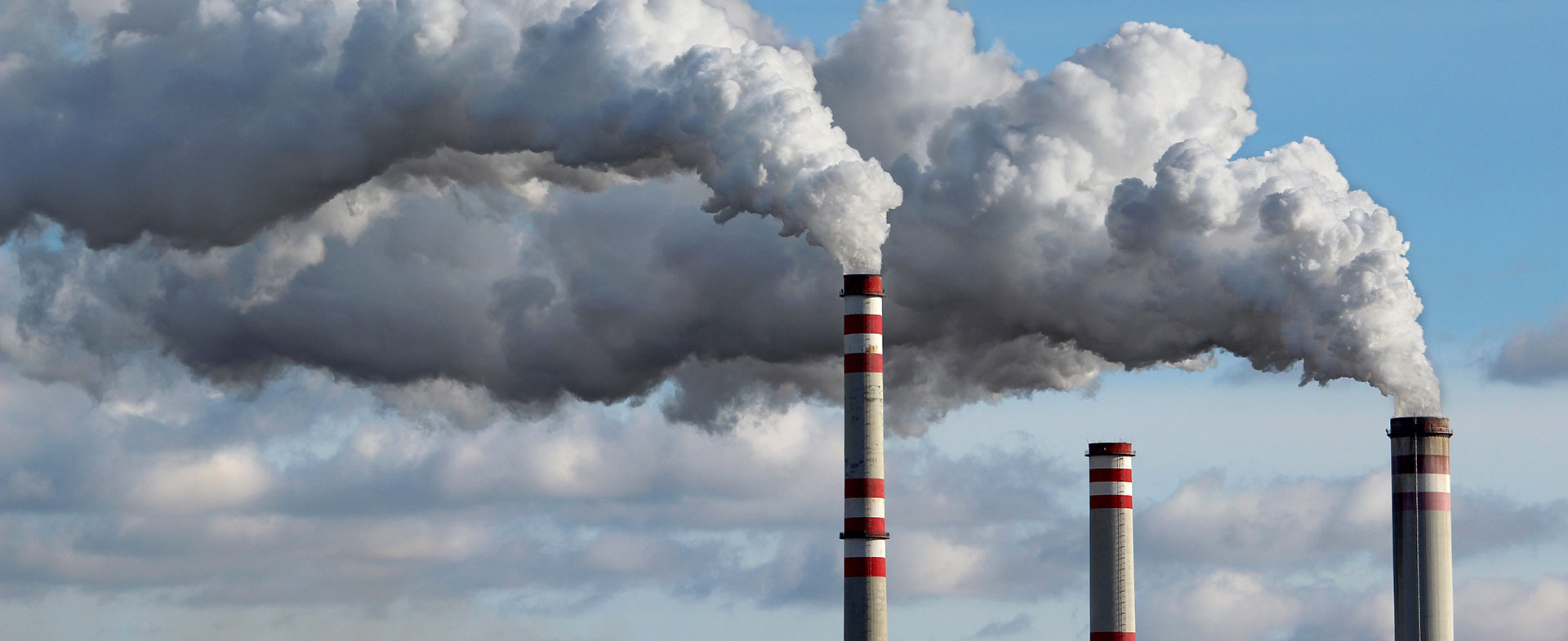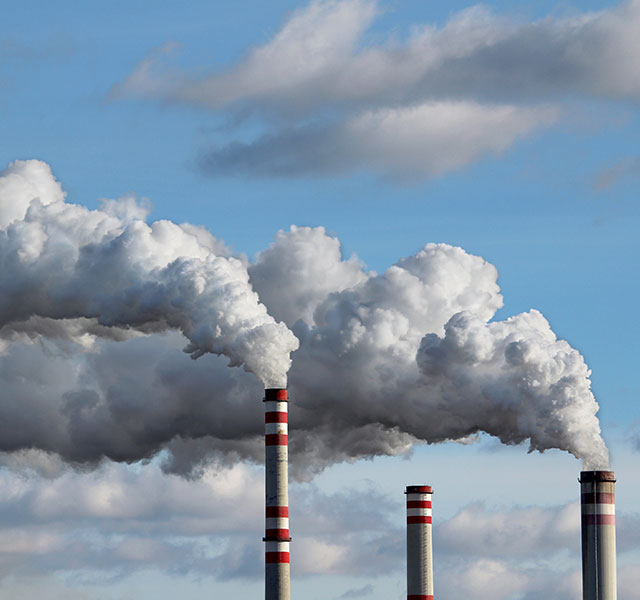As the scientific community continues to research innovative treatments for cancer, they’re simultaneously studying how to prevent cancer. What causes cancer? What can we do in our daily lives to decrease our risk for cancer? Doctors and scientists are learning more each day, but there are still so many question marks. (Plus, everyone reacts differently, so what may lead to cancer in one person may not affect another in the same way.)
Here, Haythem Ali, M.D., a medical oncologist with Henry Ford Cancer, shares what we know causes cancer, what could cause cancer in high quantities, and what factors—at this point, at least—have no conclusive evidence as being carcinogenic..
Risk Factors Proven To Cause Cancer
- Cigarette smoke. “Smoking doesn’t just cause lung cancer—it can also lead to throat cancer, esophagus cancer, bladder cancer,” says Dr. Ali. “Toxins from smoke travel through the bloodstream and are excreted through urine and bile. Smoking can cause cancer almost anywhere in the body. And it’s not just tobacco that’s carcinogenic—toxins also come from burning organic material and inhaling it.”
- Ultraviolet rays. “Whether from the sun or the tanning booth, ultraviolet rays cause cancer,” says Dr. Ali. “Melanoma is one of the fastest growing cancers. When you go outside, wear sun-protective clothing, sunscreen and hats.”
- Preserved meats. “I call cold cuts and hot dogs ‘franken-meats’ because they’re meats that died many months ago but are still edible,” says Dr. Ali. “It’s not just the nitrates and preservatives that cause cancer (specifically colon cancer) but the chemicals that develop when the meat is being preserved.”
- Charred meat. “A bit of burn on a piece of toast isn’t really a threat—that’s just carbon—but if you burn fats, like on a piece of steak, that’s a different story,” Dr. Ali says. “It turns into carcinogenic chemicals.”
- Excess body weight. “Fatty tissue is a major source of estrogen, and breast cancer is associated with estrogen exposure,” says Dr. Ali. There’s also an increased risk of colon cancer with increased weight, he adds, but that might be related to why you’re overweight (i.e., what you’re eating) not because you’re overweight.
- Pollution. “Hydrocarbons from fuel combustion are clearly associated with lymphoma and leukemia,” says Dr. Ali. “Unless you can go back to the 18th century, pollution is almost impossible to avoid. Social activism is most important for this one--support the people who try to support the environment. That’s all you can do.”
Risk Factors That Can Cause Cancer In High Quantities
- Artificial sweeteners. “There are a lot of animal studies that show a correlation between artificial sweeteners and cancer, but there’s no clear human correlation,” says Dr. Ali. “The problem with animal studies is that you can’t correlate the dose well—we may not be exposed to the same high levels of doses that animals are. Just minimize your exposure to them.”
- Alcohol. “Alcohol in low quantities (like one or two glasses of wine a week) is not associated with cancer, but excessive alcohol use can cause stomach and oral cancers,” says Dr. Ali. “Often times, people who are drinking are also smoking, and alcohol facilitates the absorption of gaseous organic toxins, which makes it even worse.”
- Pesticides. “If you’re a farmer inhaling pesticides while spreading them on your crops, it’s more likely that you’ll develop cancer,” says Dr. Ali. “But there’s no conclusive evidence that residual pesticides from fruits and vegetables cause cancer. Nevertheless, wash them well before eating. It’s difficult to say everyone should be eating organic, because that's limiting. If you’re able to buy organic, go ahead, but I don’t think that’s the only type of food you can eat.”
Factors That Haven’t Yet Been Proven To Cause Cancer
- Genetically Modified Organisms (GMOs). When food has been genetically modified, genes from one species have been inserted into another species to create a better product. There’s a theory that changing the DNA of a particular food can increase someone’s cancer risk, but Dr. Ali says there is no proof. “Just because I don’t have proof right now doesn’t mean I won’t find out later that it doesn’t cause cancer,” he says. “Absence of proof is not proof of absence.”
- Microwaves. “There aren’t any studies that correlate microwaves with cancer,” says Dr. Ali. “The food you cook in the microwave isn’t associated with cancer, having a microwave in the house is not associated with cancer. Don’t use a microwave that looks defective, don’t stand too close to the machine. As long as you’re using it appropriately, it should be fine.”
- Cell phones. “Cell phones have been studied very widely,” says Dr. Ali. “At the present time, there’s no correlation between radio frequency waves from cell phones and brain tumors.”
- Aluminum antiperspirant. There’s a difference between antiperspirant and deodorant: antiperspirant contains aluminum to prevent pores from releasing sweat, while deodorant masks body odor. Aluminum antiperspirant has come under fire for potentially causing breast cancer, but the evidence is inconclusive. “Avoid antiperspirant if you can, but I can’t say definitively that you shouldn’t use it,” he says.
At the end of the day, leading an overall healthy lifestyle—eating plenty of fruits and vegetables, exercising, getting enough sleep, decreasing stress—is important. While we can’t control everything in our environment, these are some habits we can control that will promote a healthy mind and body.
To make an appointment with a cancer specialist, visit henryford.com/cancer or call (888) 777-4167.
Haythem Ali, M.D., is a medical oncologist who sees patients at Henry Ford Cancer in Brownstown and Henry Ford Hospital in Detroit.



